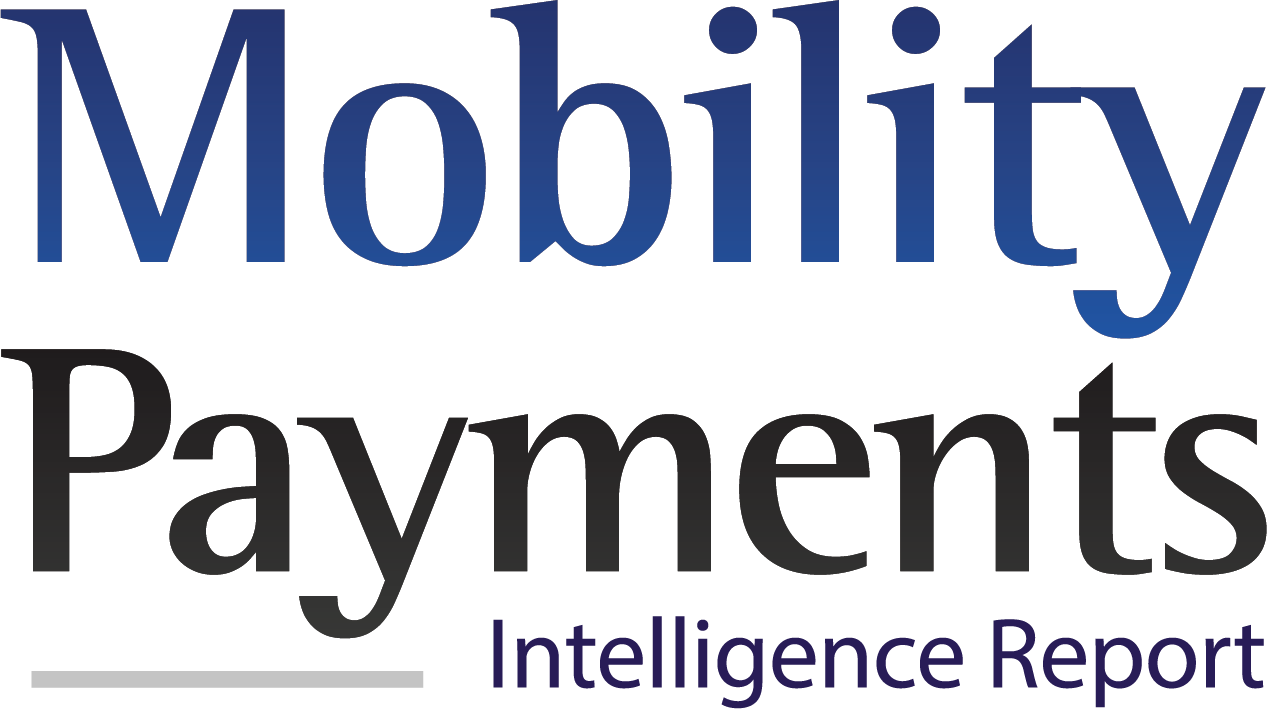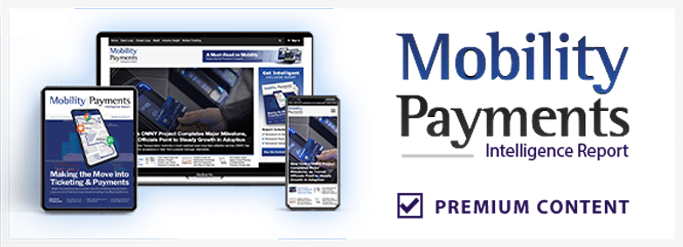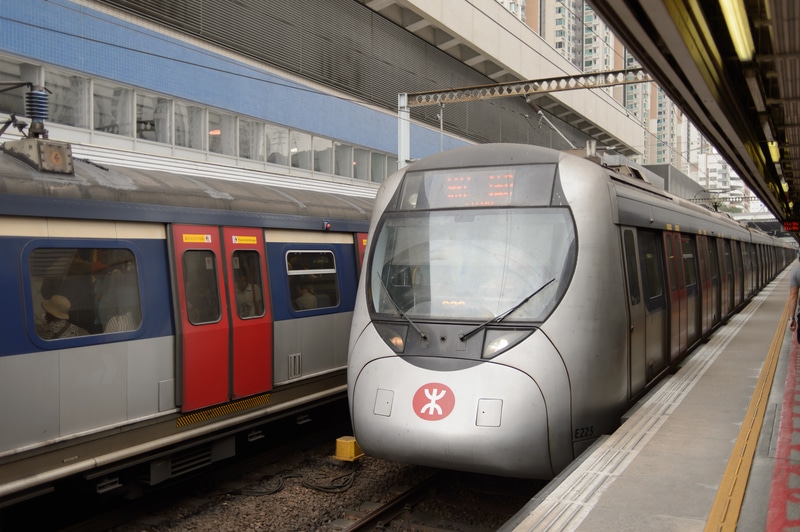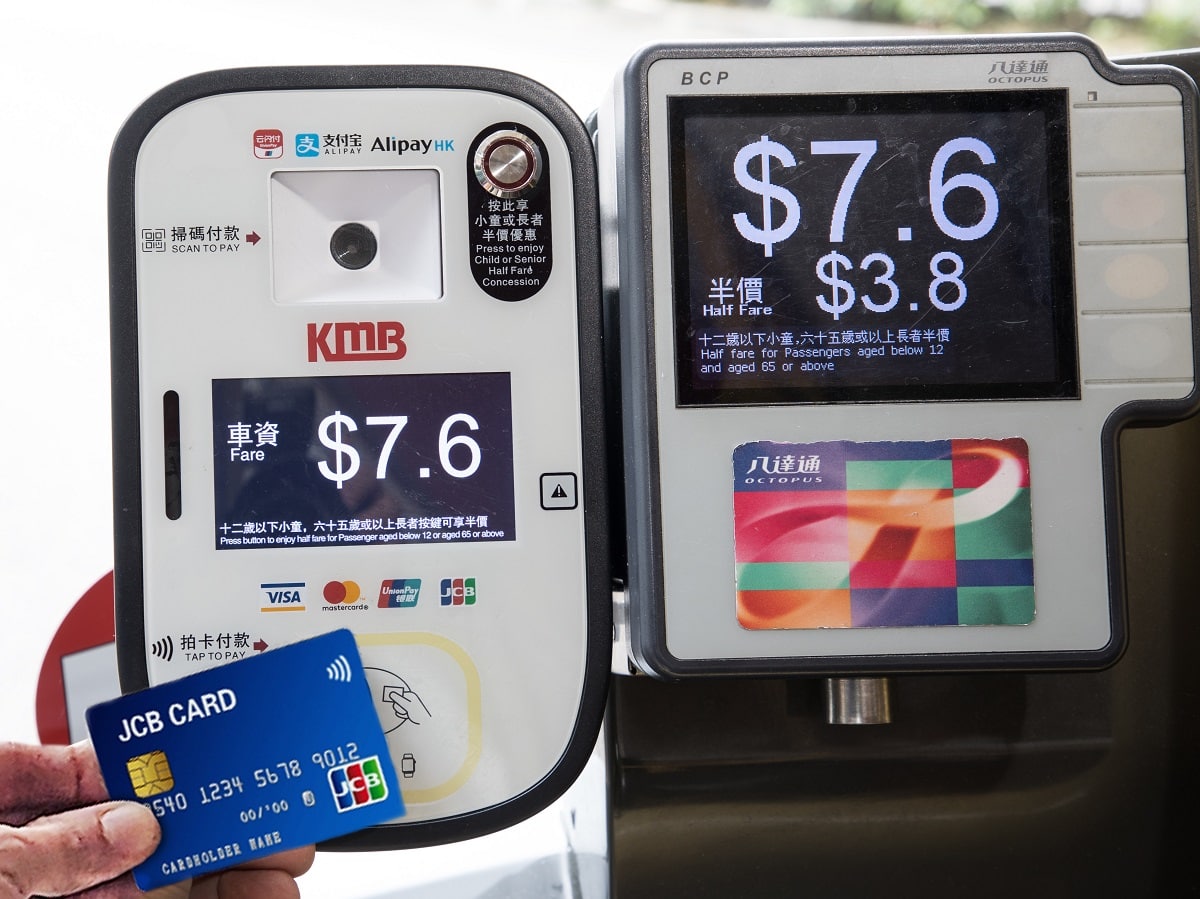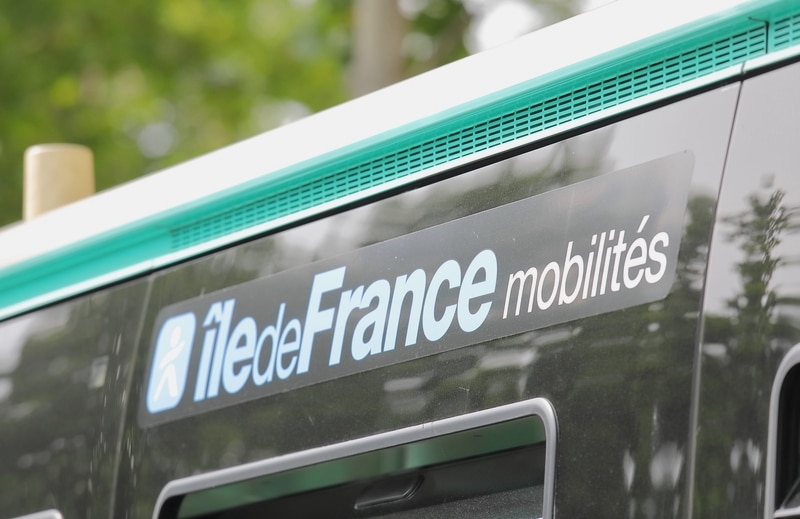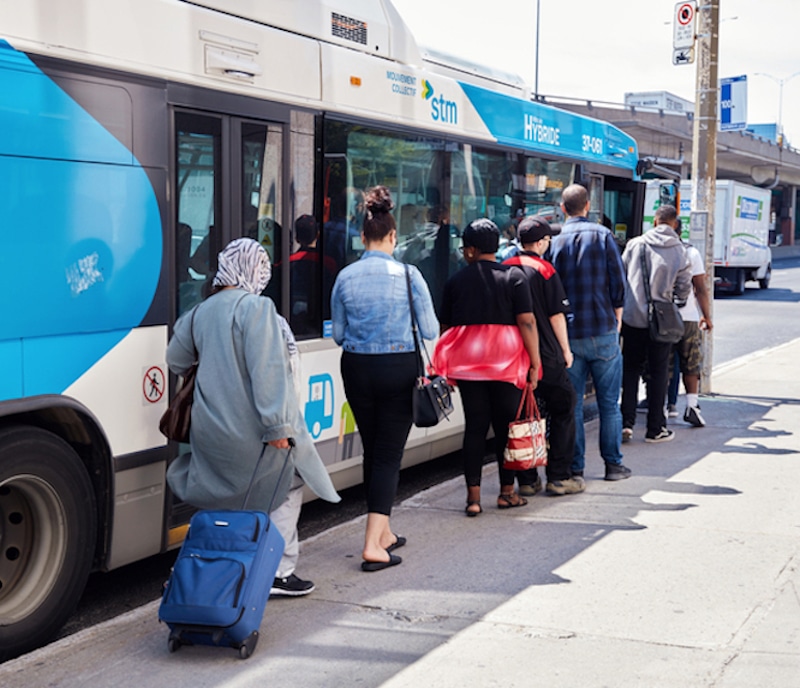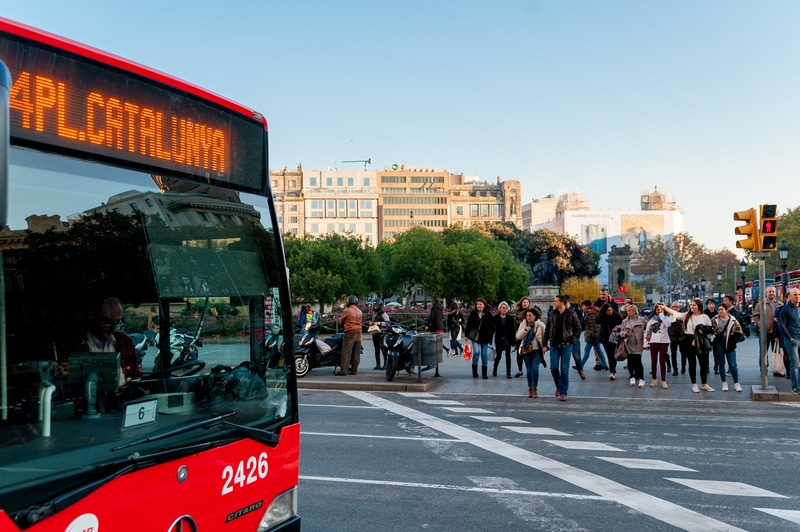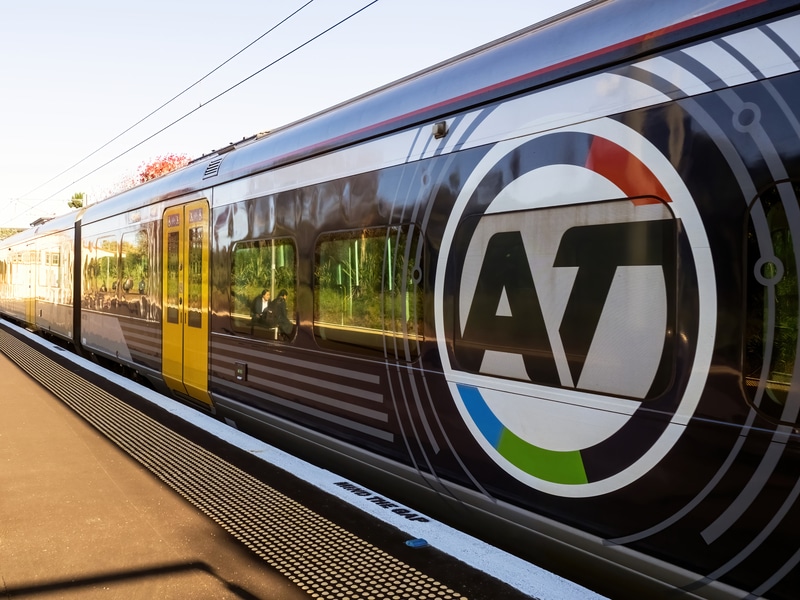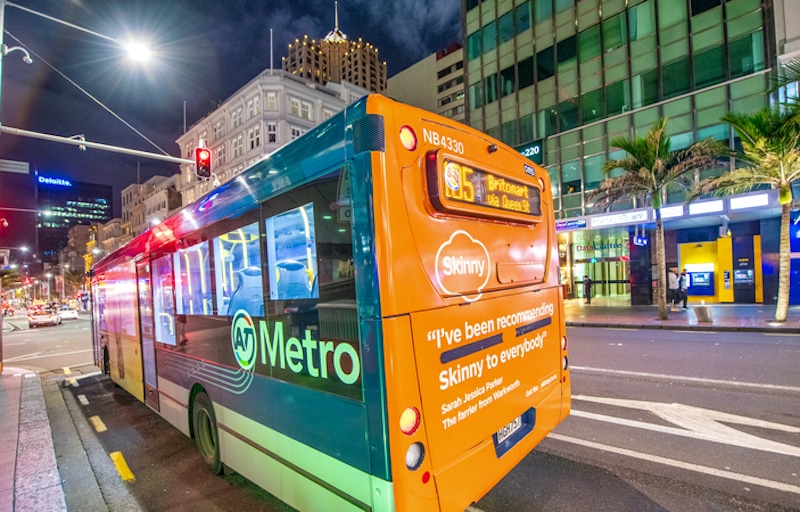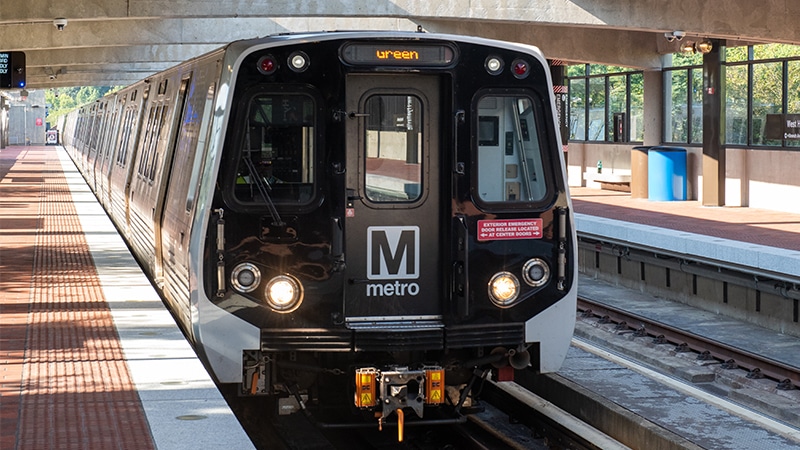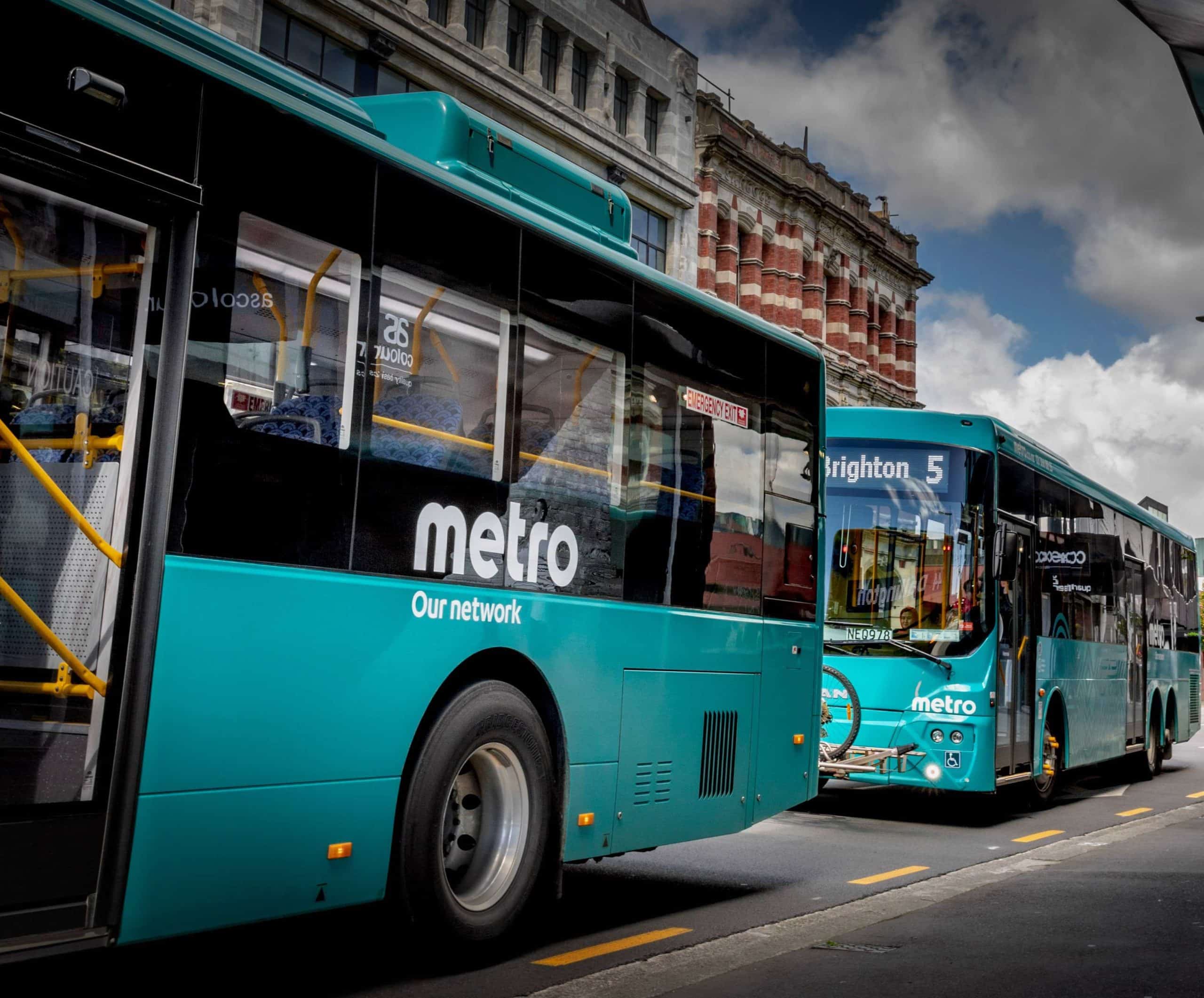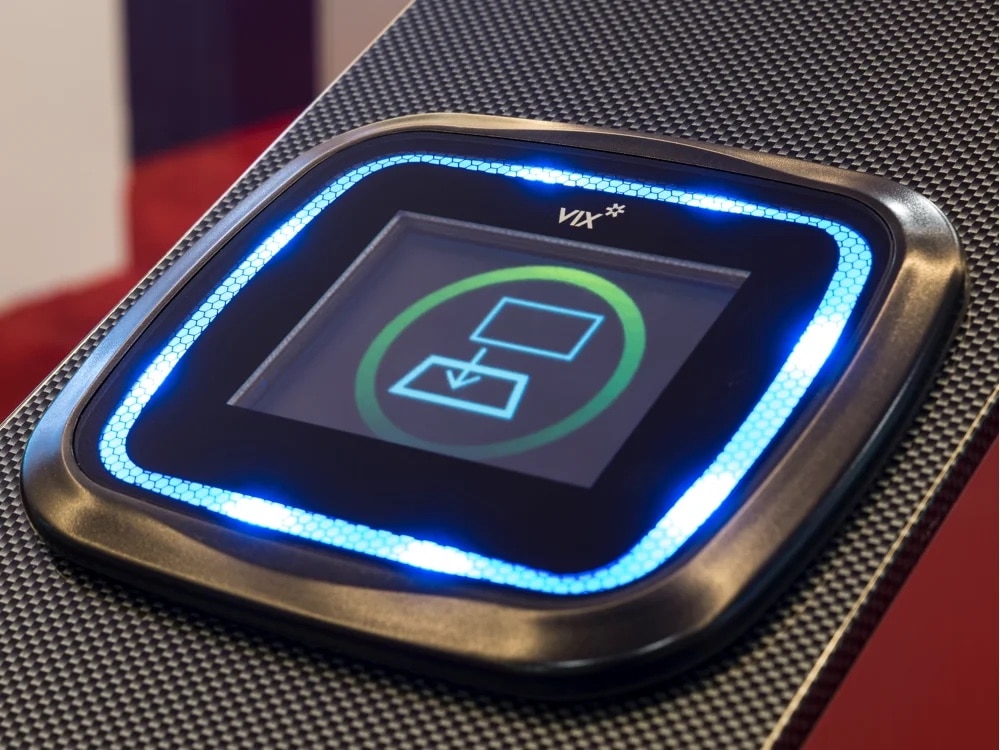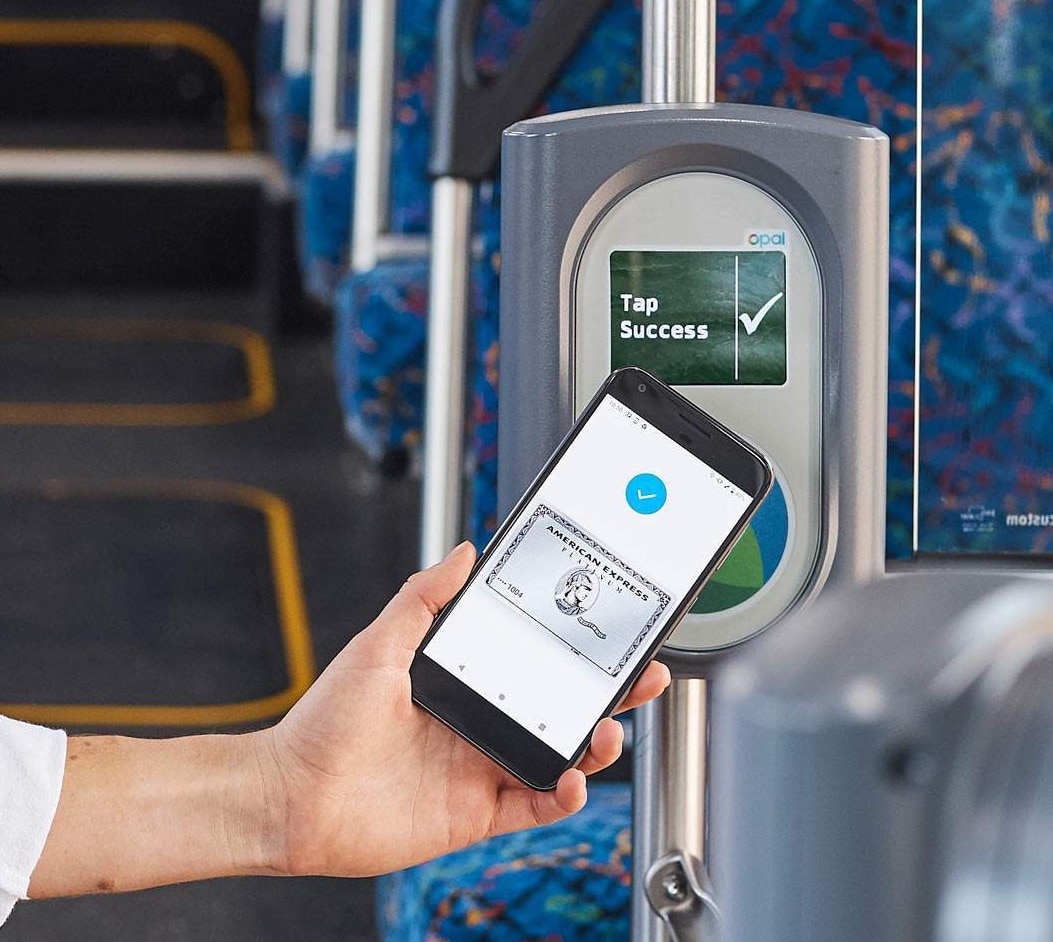
Article Highlights
Hong Kong Tramways recently became the latest–and still one of the few–transit operators in Hong Kong to support open-loop payments. But more are coming, including the busy 10-line metro run by the MTR. Elsewhere in Asia, Tokyo Metro plans to test the technology in coming months.
MTR, which delivered more than 1.3 billion passenger trips in 2022 with its metro, will be the largest operator by far supporting open loop in Hong Kong. Passenger trip numbers are returning to prepandemic levels, with ridership on the metro increasing to just under 130 million rides in June of this year alone.
• MTR (Hong Kong)
• KMB (Hong Kong)
• Tokyo Metro
Hong Kong Tramways recently became the latest–and still one of the few–transit operators in Hong Kong to support open-loop payments. But more are coming.
Most notably, that will include Hong Kong’s metro, operated by the Mass Transit Railway, or MTR. The metro is rolling out contactless payments acceptance at gates across the 10-line metro.
